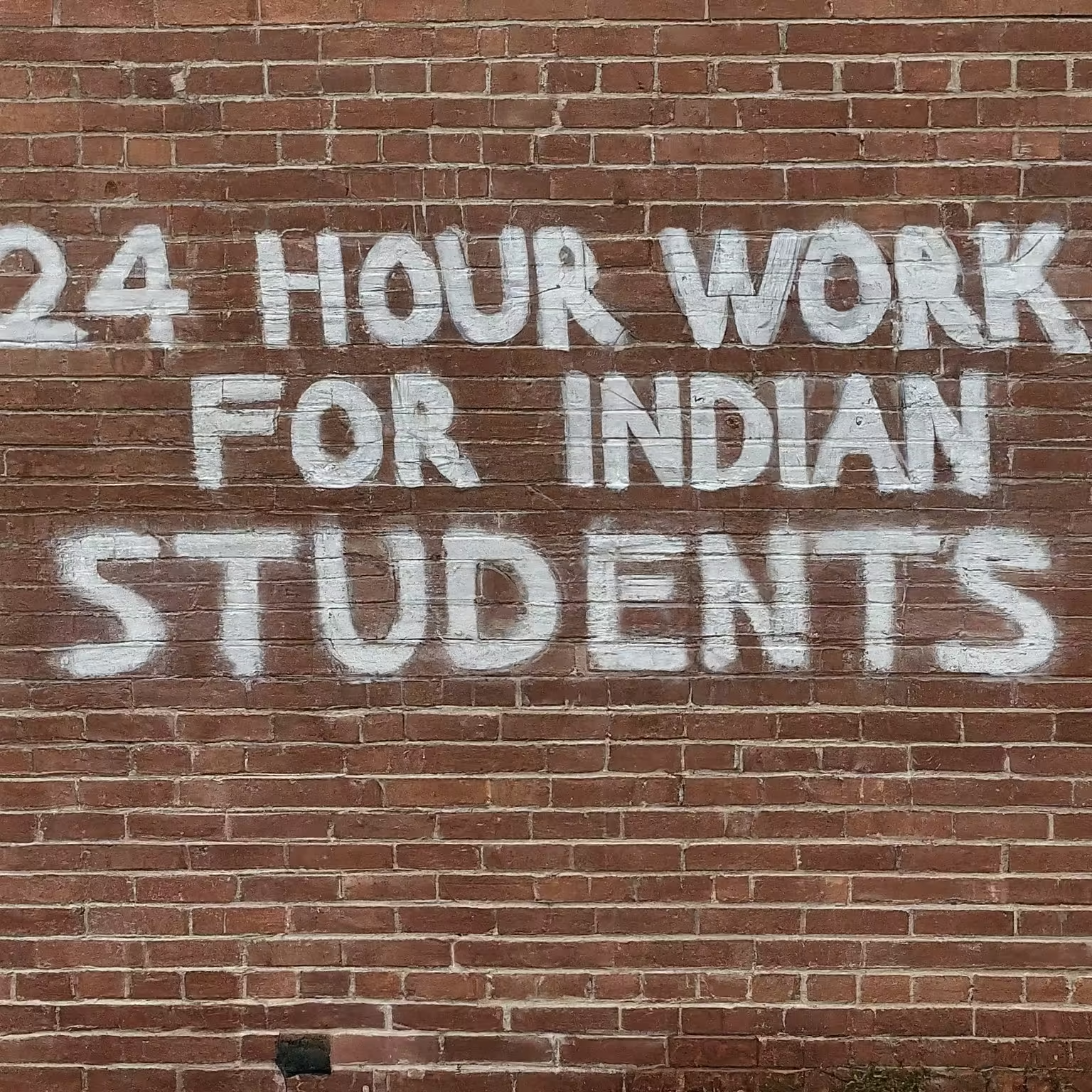Indian students, the largest group of international students in Canada, are bracing for a financial crunch as a new federal rule caps off-campus work limit 24-hours per week. This rule, effective this month, is expected to make it increasingly difficult for students to manage living expenses in high-cost cities like Toronto. The change follows the expiration of a temporary pandemic-era waiver that allowed students to work beyond the previous 20-hour weekly limit.
The Work limit 24-Hour Cap: Prioritizing Education or Pressuring Students?
The Canadian government’s decision to restrict off-campus work hours to 24 per week aims to ensure that students focus more on their studies. However, many international students, particularly those from India, are concerned about the financial strain this will impose. The ability to work more hours was a lifeline during the pandemic, and with that flexibility now gone, students are left grappling with the challenge of balancing education with financial survival.
Indian Students: The Backbone of Canada’s Gig Economy
In 2022, out of 5.5 lakh international students in Canada, 2.26 lakh were from India. These students have not only pursued education but also contributed significantly to the Canadian economy as gig workers. With minimum wage in Canada set at 17.36 Canadian dollars per hour, Indian students have been essential in maintaining the labour force. However, the new work-hour cap threatens their ability to sustain themselves in expensive cities like Toronto, where the cost of living is notoriously high.

Real Struggles of Indian Students
Many students are already feeling the pinch. One international student in Toronto, expressed her concerns about managing rent, groceries, and social activities under the new rule. She has taken drastic steps to cut costs, including moving in with friends to save on rent.Its getting very hard for Indian students to survive in such a way, financial it’s very difficult.
Is 24 Hours Enough?
Experts are questioning whether work limit 24-hour of work per week is sufficient for students to cover their living expenses while still succeeding academically. Moshe Lander, an economics professor at Concordia University, doubts that students can maintain their academic performance with such a demanding schedule. He warns that this could lead to a decline in the overall quality of education, as students may be forced to prioritize work over their studies.
The new work limit 24-hour is a double-edged sword. While it encourages students to focus on their education, it also puts immense financial pressure on them, especially those from India, who are already struggling to afford life in Canada’s costly cities. As students and experts alike voice their concerns, it remains to be seen how this policy will impact the future of international education in Canada.

